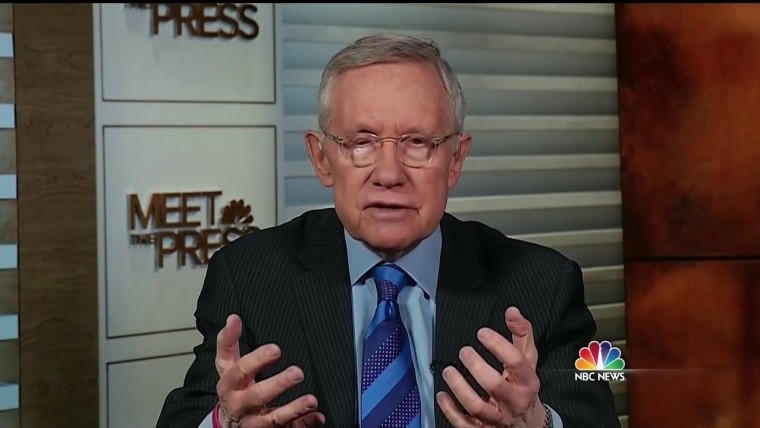

Thus, its political path was fraught with peril. The Supreme Court had yet to assert itself as a co-equal branch of government. The fight between Adams’ Federalists and Jefferson’s Democratic-Republicans was likely even more consequential than our current battle. But sometimes our ideals and our reality come into conflict. And they are right it absolutely should be. There are plenty of paeans to the idea that the Supreme Court is above politics. Madison.Īs always, our history is instructive.


The negative campaigning was brutal, even by today’s standards.Īnd the court appointments controversy was the basis of the famous Supreme Court case Marbury v. Would it surprise you to know that the outgoing president was John Adams? While the former vice president - and electoral victor - was Thomas Jefferson? The immigration and “fake news” laws were the Alien and Sedition Acts. This seems to be because a vacancy just hasn’t happened to occur under these circumstances.The Senate, controlled by the same party as the outgoing president, quickly confirmed the appointments during the “lame duck” session. "Fundamental to this statement is the reality that we have not had a vacancy occurring in an election year with an opposition Senate."įlake said, "One would have to go back more than a century to find a scenario where a president’s nominee for the Supreme Court was confirmed by the opposition party in the Senate when the vacancy occurred during an election year."įlake’s carefully crafted statement rules out potential exceptions, such as Justice Kennedy’s 1988 election year confirmation, but 1987 nomination, or the 1950s case with President Eisenhower and a Democratic Senate in adjournment when a Supreme Court vacancy came up a month before the November election. But the vacancy occurred shortly before the election year," said Norman Ornstein, a scholar at the conservative American Enterprise Institute. There have been vacancies during election years that were filled - including Anthony Kennedy - by an opposition Senate. "Jeff chose his words very, very carefully. The Justice Kennedy instance aids Flake’s statement too. It helped that Brennan was a Democrat," Wheeler said. "Eisenhower didn’t submit a nominee he recess appointed Brennan then nominated him the following January. The (Democratic-controlled) Senate had already adjourned for the elections, so (Republican) President Eisenhower gave William Brennan a recess appointment, and he was later nominated and confirmed in 1957," Binder said.Ī recess appointment isn’t the same as submitting a nominee, according to Russell Wheeler, an expert on federal courts at the Brookings Institution. "The only seat left vacant was Sherman Minton's, who resigned in October 1956, one month before the election. Sarah Binder, a political scientist at George Washington University, said Flake’s statement is "technically correct." She noted that there are no 20th century examples of a Supreme Court vacancy in an election year that the opposition party in the Senate refused to consider. Samuels referred us to the Senate’s list of Supreme Court nominations going back to 1789.Įxperts we spoke with generally agreed with Flake’s claim. So, turning back the history book once again, we decided to look at Flake’s claim.įlake spokesman Jason Samuels emphasized that the Arizona senator’s statement included "confirmed by the opposition party" and "vacancy occurred during an election year" when we reached out. He confirmed Kennedy while still in office in February 1988. Marco Rubio also claimed in February that "it’s been 80 years since a lame-duck president appointed a Supreme Court Justice." President Ronald Reagan, in his second term, nominated Justice Anthony Kennedy in November 1987. We rated Cruz’s claim Half True.įlorida Sen. It’s been 76 years, but these openings are rare, so it’s not much of a tradition. Ted Cruz said in February that "it’s been 80 years since a Supreme Court vacancy was nominated and confirmed in an election year," also saying that not approving a nomination in an election year is a long tradition. PolitiFact has researched similar claims of late: "I'm not about to break new ground in the Senate, particularly when any nominee could so drastically shift the balance of the court." "One would have to go back more than a century to find a scenario where a president’s nominee for the Supreme Court was confirmed by the opposition party in the Senate when the vacancy occurred during an election year," Flake said. Jeff Flake, R-Ariz., joined the party in a Feb. Supreme Court nominee to replace the late Justice Antonin Scalia, Republican lawmakers have made a slew of historical statements related to vacant Supreme Court seats. As President Barack Obama is on the brink of selecting a U.S.


 0 kommentar(er)
0 kommentar(er)
